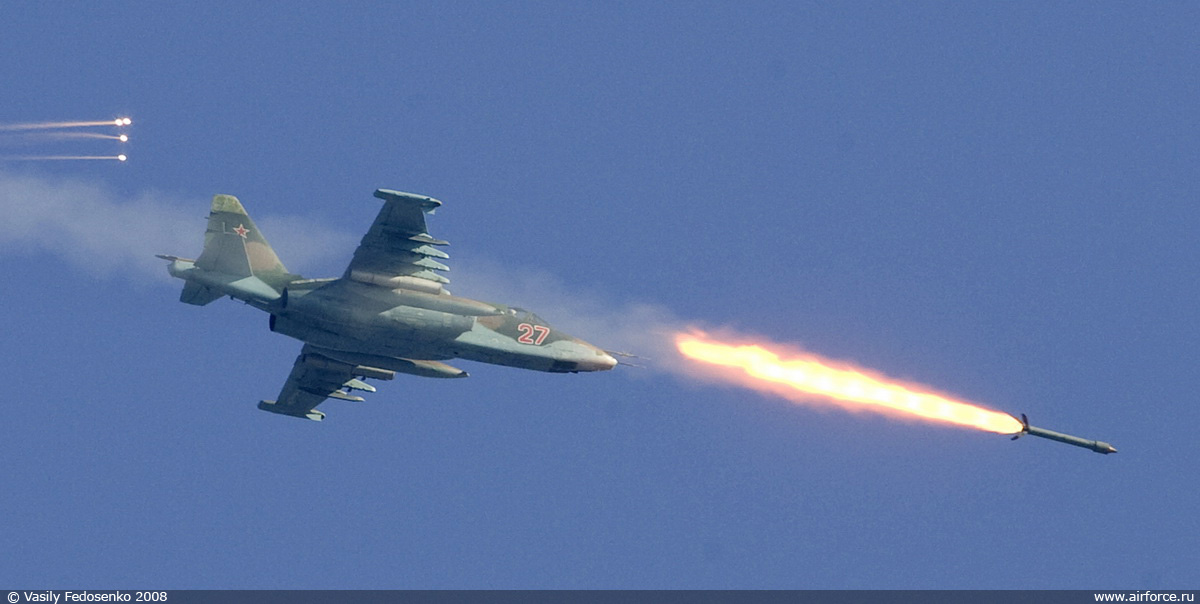Original Article Gabe Collins, “Russian Intervention In Syria Could Drive Crude Prices Deep Into The $30s,” OilPro, 5 October 2015. http://oilpro.com/post/19057/russian-intervention-syria-could-drive-crude-prices-deep-into-30s
With Russia acting impulsively, it sometimes pays to gather up capital and wait on the sidelines for opportunities to surface.
As Russia ramps up its airstrikes in Syria, Saudi Arabia may consider increasing oil production and exports to push down prices and punish Moscow for its military adventurism. This could sink oil prices into the $30s, creating buying opportunities for China on at least two levels. First, Beijing can continue importing and storing up low-priced crude oil for future use and to create a cushion in the event of later geopolitical or other shocks. Second, if crude prices sink below $40 and stay there even a few months, Chinese investors may have the opportunity to acquire stakes in financially distressed Russian oil & gas assets and production on favorable terms.
*********************
Amid worries that Russia’s armed intervention in Syria signals a new Cold War between Russia and the West, another and related rematch appears in the offing. If Russia and Iran are Syrian President Assad’s strongest foreign backers, Saudi Arabia and its Gulf Arab allies surely number among his and Iran’s most implacable foes. The implications of a potential Russo-Saudi proxy war for international oil markets are significant.
There is little doubt that such a conflict is brewing. Speaking with journalists on the sidelines of a U.N. General Assembly meeting last week, the Saudi Minister of Foreign Affairs, Adel al-Jubeir, pointedly stated that “There is a moderate Syrian opposition that is fighting against President Assad. We expect this support [for those rebels] will continue and be intensified.” Saudi support can take at least two possible forms.
One option is direct action—i.e. funds, weapons, and supplies supplied to preferred rebel groups. As in the 1980s, the economics of insurgency will work against Moscow. While a rebel with a $500 RPG or IED can destroy a $500,000 armored vehicle, each Russian airstrike costs hundreds of thousands of dollars just to hit a single, often easily replaceable point target. That same sum could fund dozens of sizeable rebel attacks. In addition, Russia does not have the geographical advantages it enjoys in Ukraine.
Syrian rebels and their Saudi and Gulf Arab backers are dug in for the long haul and have the willingness and capacity to pay a much higher price for victory than Russia can at the end of a precarious supply chain. Riyadh has also positioned itself well to equip its Syrian proxies against Russian forces. In December 2013, the U.S. Defense Security Cooperation Agency, approved a Saudi request to purchase nearly 14,000 TOW anti-tank missiles – ideal for Syrian rebels needing a cheap and effective counter to the Russian-backed Assad regime’s tanks. The missiles were reportedly scheduled to begin arriving in 2015, with deliveries continuing for three years thereafter.
But Saudi Arabia has another, and perhaps more powerful weapon at its disposal: punishing Russia economically by keeping oil prices low. In 1985-1986, the Saudis massively expanded oil production to regain market share (Exhibit 1). Riyadh’s action drove prices down by more than 60% and they did not recover until the Iraqi invasion of Kuwait five years later. The prolonged period of low oil prices shattered the Soviet Union’s brittle, oil-dependent economy, hastening its collapse. In the current situation, oil prices have also fallen by roughly 60% and a recovery to the levels Russia needs to fund itself (more than $100/bbl) could take years.

Russia is highly vulnerable if the Saudis open the taps a bit more and further depress prices. Like the 1980s-era Soviet Union, Russia’s industrial sector has been destroyed by years of kleptocracy and mismanagement. Oil & gas revenues underwrite virtually all economic activity in the country. More importantly, they allow Putin to purchase the loyalty of his former KGB/FSB cronies who control much of Russia’s economic output and political power levers…View Full Text


